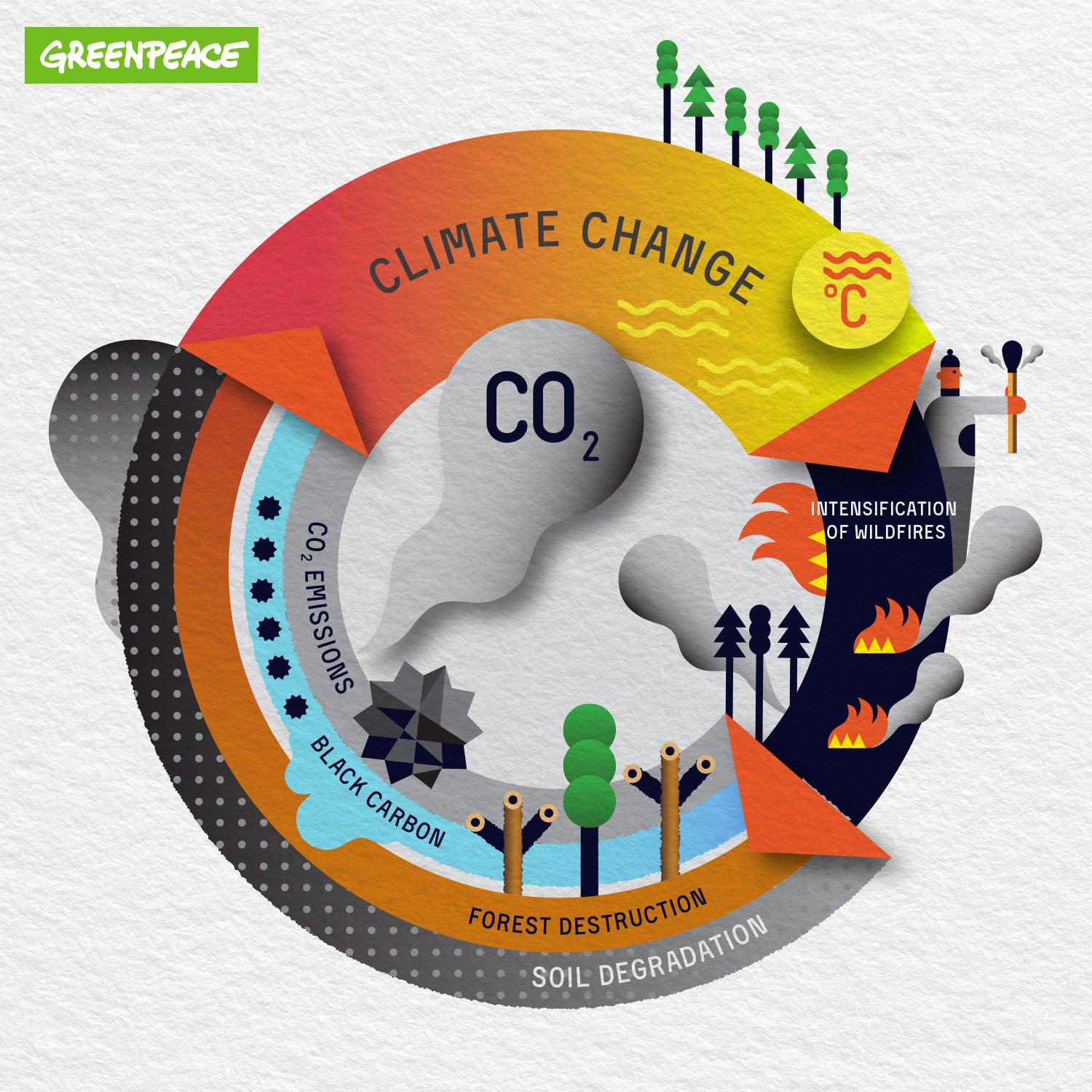Coral Reefs
- ScienceNerd14

- Sep 1, 2019
- 1 min read
Climate Change is the greatest threat to coral reef ecosystems. Earth’s oceans are warming because of climate change, but these oceans are also home to many coral reef ecosystems. As the oceans warm, mass coral bleachings occur, and carbon dioxide being absorbed into the ocean from the atmosphere can also have severe negative effects. Carbon dioxide not only is absorbed by the atmosphere, but the ocean as well, only contributing to extreme warming. This carbon dioxide has begun to reduce calcification rates in reef-building and reef-associated organisms. It does this but altering seawater chemistry through decreases in pH, called ocean acidification. Coral reefs harbor the highest biodiversity of any ecosystem in the entire world and they directly support over 500 million people, especially in poor countries. With this, they are also among the most threatened ecosystems on Earth, due to climate change and global warming. Most coral reefs could disappear before the end of the century if we continue to emit so many greenhouse gasses. The combination of the effect on coral reefs and other aspects of the ocean only speeds up the damage of climate change. Do something now! 🌊🌊🌊🌊🐼🐠🐟🐬🐳🌎🔥 Sources: https://oceanservice.noaa.gov/facts/coralreef-climate.html
https://www.iucn.org/resources/issues-briefs/coral-reefs-and-climate-change




Comments